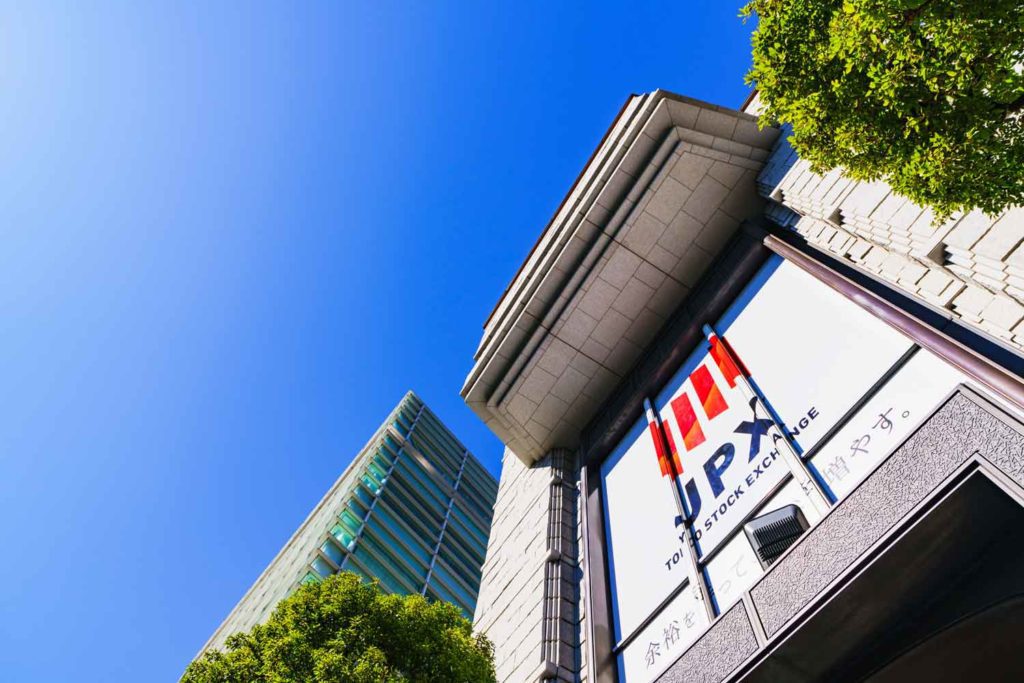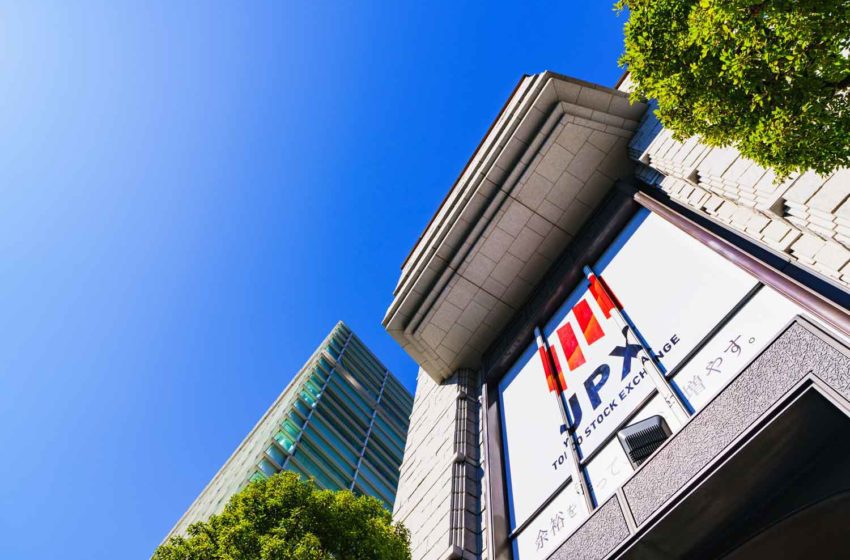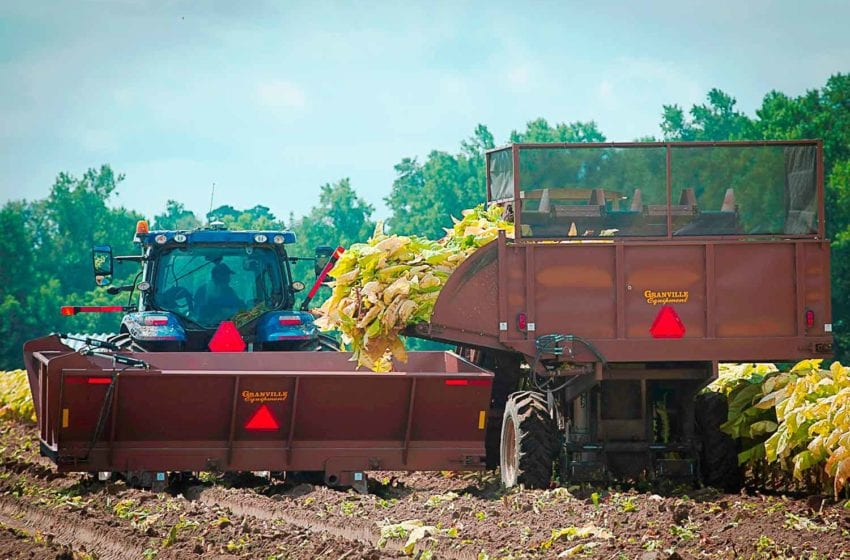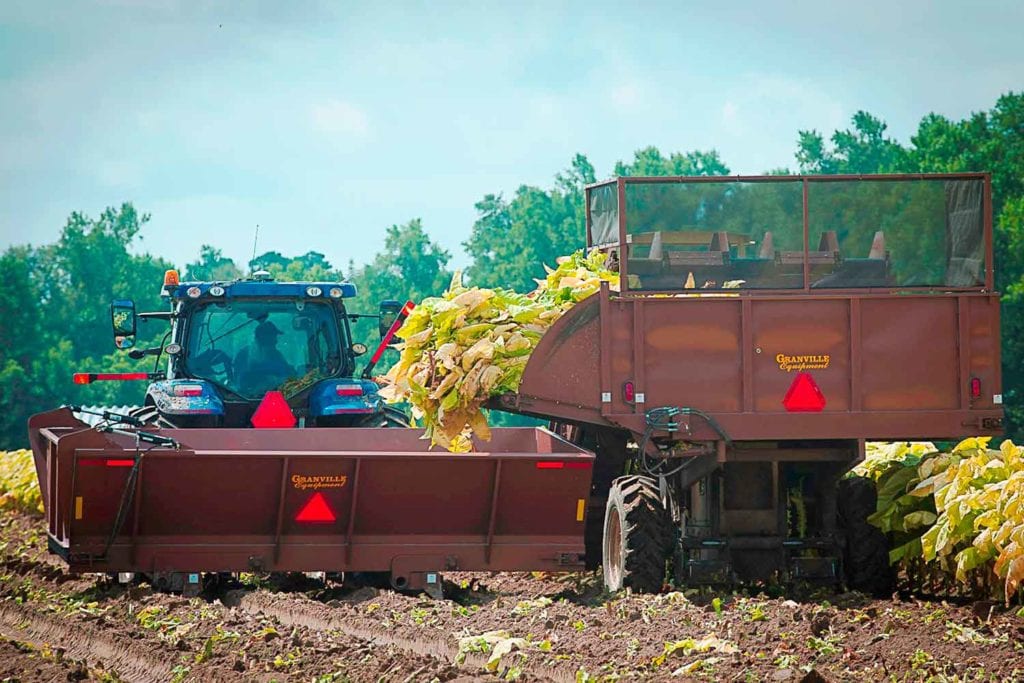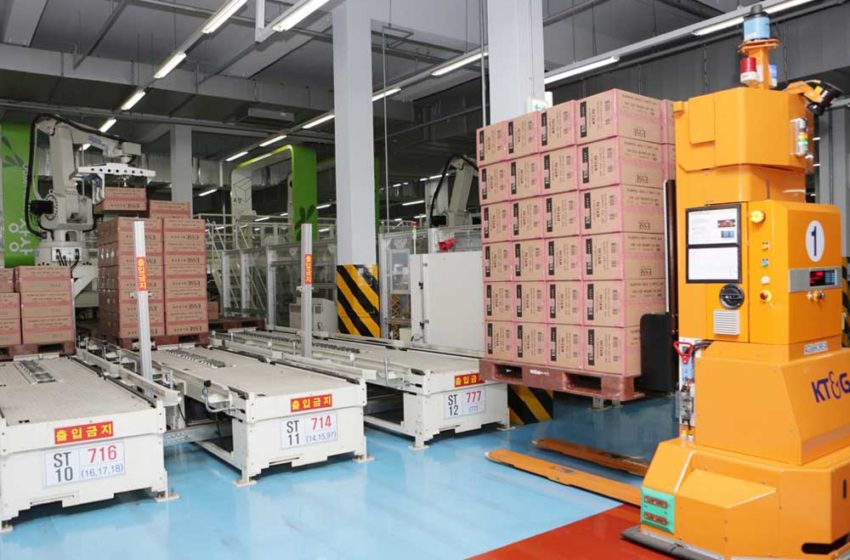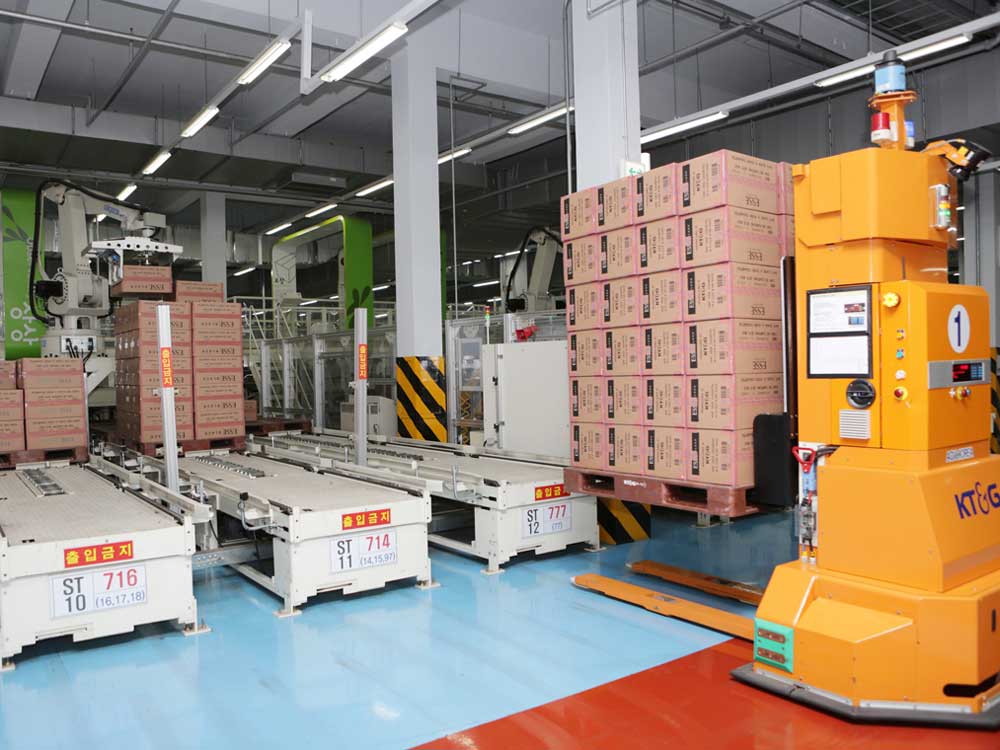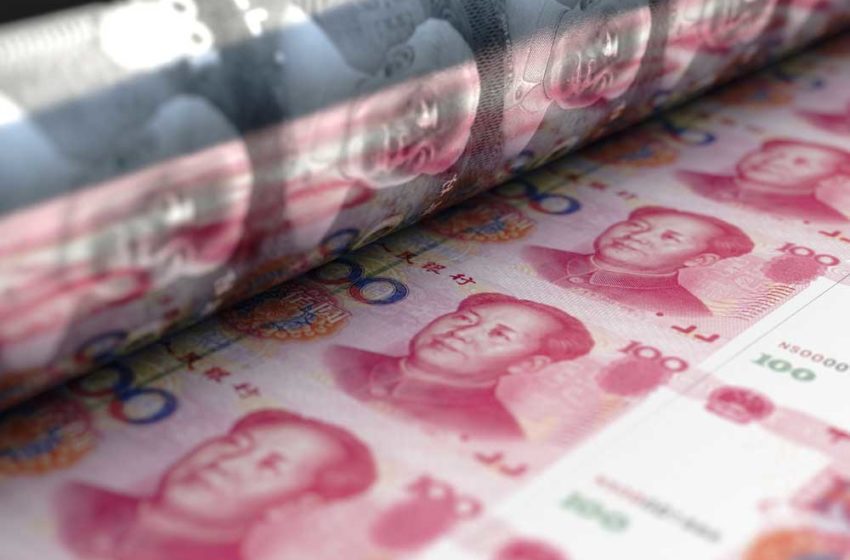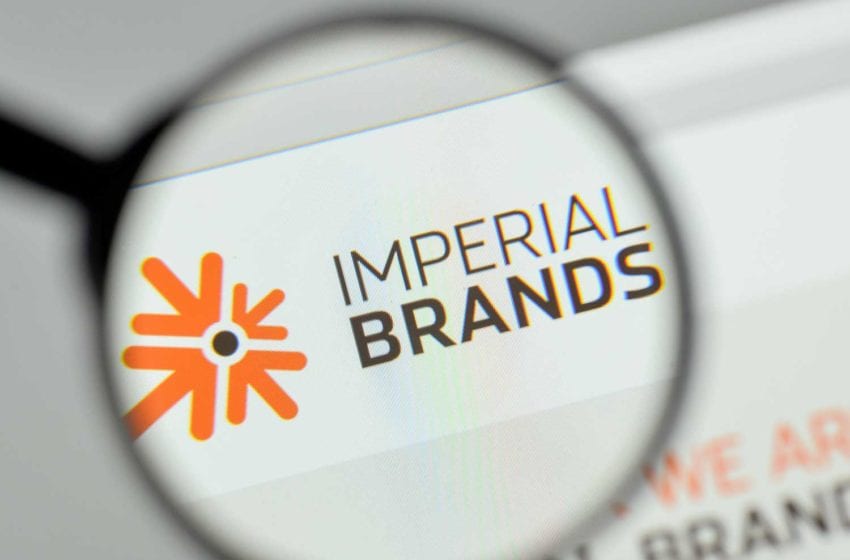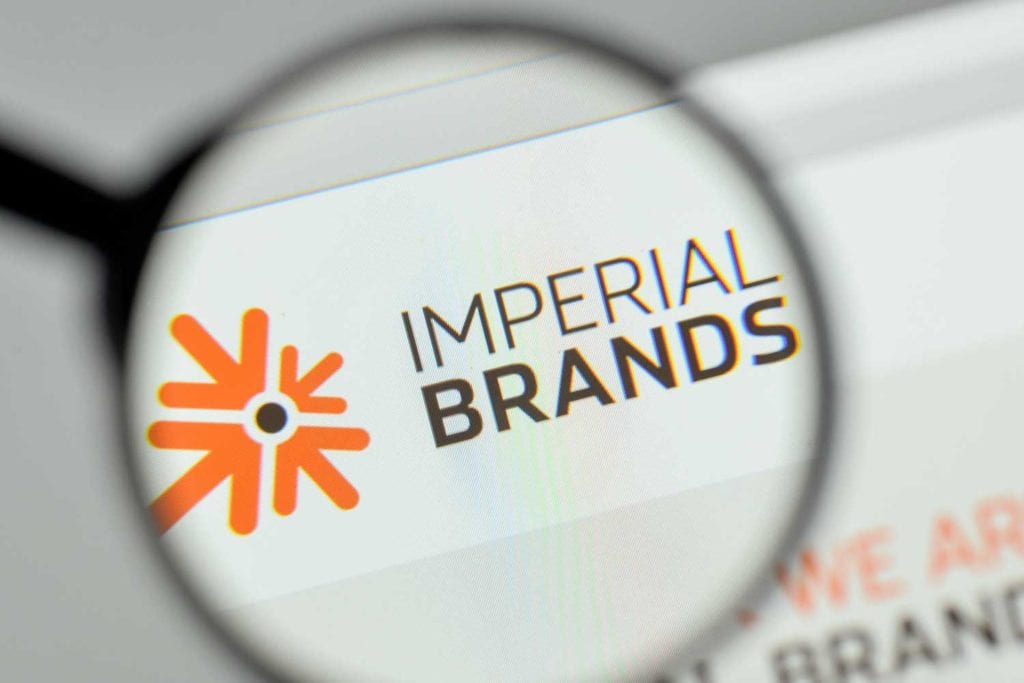RLX Technology today announced its unaudited financial results for the third quarter ended Sept. 30, 2021.
Net revenues were CNY1.68 billion ($260.2 million), representing a decrease of 34 percent from CNY2.54 billion in the second quarter of 2021.
Gross margin was 39.1 percent, compared to 45.1 percent in the second quarter of 2021. U.S. GAAP net income was CNY976.4 million, compared with CNY824.3 million in the second quarter of 2021.
Non-GAAP net income was CNY452.7 million, compared with CNY651.8 million in the second quarter of 2021.
“In the third quarter, we continued to develop our business through concerted efforts deepening our scientific research abilities, adding to our differentiated product portfolio, and enhancing our sustainability initiatives. We also strengthened our core capabilities by expanding our talent pool, optimizing our retail network and making digitalization upgrades to our operating infrastructure,” said Ying (“Kate”) Wang, co-founder, chairperson of the board of directors and CEO of RLX Technology, in a statement.
“Looking ahead, with the formal confirmation of the amendment to the implementation rules of tobacco monopoly law announced last week bringing innovative tobacco products including e-cigarettes under the regulatory framework, together with the draft administrative measures for electronic cigarettes and the draft national electronic cigarette product standards announced earlier this week, we believe the sector will enter a new era of development—an era marked by enhanced product safety and quality, augmented social responsibilities, and improved intellectual property protection. These developments will pave way for long-term sustainable growth in this sector.”
“In the past quarter, we placed even more focus on investments in R&D, organizational upgrades and operational efficiency improvements in existing channels, shifting from the efforts on distribution network expansion in previous quarters,” said Chao Lu, chief financial officer of RLX Technology. “As a result, we have a richer product portfolio in the pipeline and healthier inventory levels across our value chain.”
“We believe our quarterly revenue drop was temporary, and the investments we made in products, talents, research, and compliance in the third quarter and beyond will place us in advantageous positions under the new regulatory paradigm. We expect these investments to yield steady and sustainable growth soon,” Lu added.
